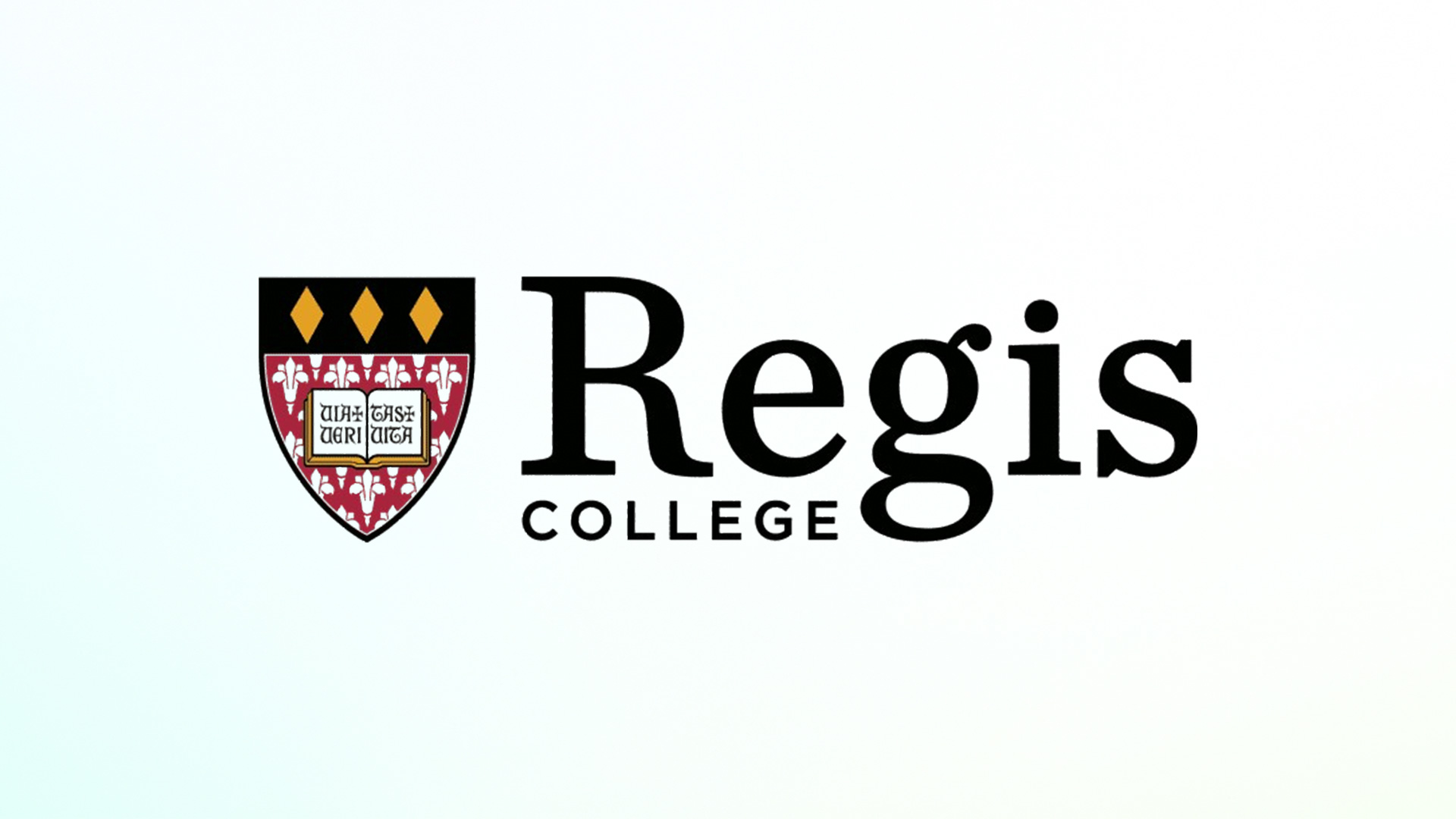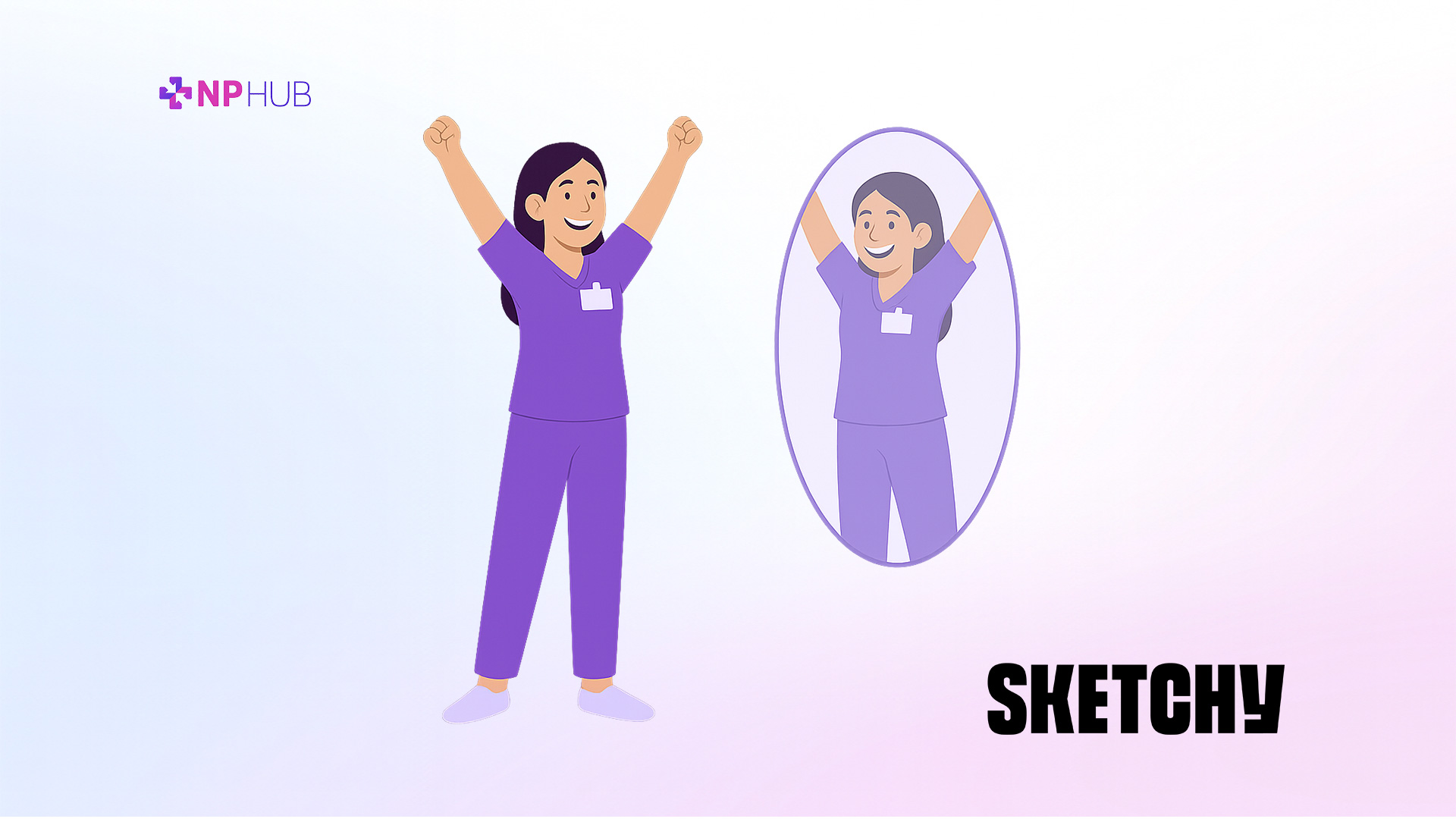Embarking on the journey toward becoming a nurse practitioner represents a significant advancement in your nursing career. For registered nurses looking to expand their scope of practice, NP programs offer a pathway to greater autonomy, clinical expertise, and professional fulfillment in advanced practice nursing.
Nurse practitioner programs build upon your existing nursing background to develop advanced skills in assessment, diagnosis, and treatment across diverse populations. Whether you’re drawn to a family nurse practitioner program or another NP specialty, these graduate-level pathways combine rigorous academic preparation with extensive clinical experiences. Most programs lead to a Master of Science in Nursing (MSN) or Doctor of Nursing Practice (DNP) degree, equipping you with the essential competencies to provide comprehensive patient care, prescribe medications, and serve as primary care providers in various healthcare settings.
Choosing the right NP program significantly impacts your educational experience, clinical preparation, and future career opportunities. Not all nursing schools offer the same level of support, particularly when it comes to securing clinical placements. Programs vary in curriculum focus, clinical hours requirements, faculty expertise, and resources for working nurses who need flexible scheduling options.
As you consider different nurse practitioner programs, factors such as accreditation by the Commission on Collegiate Nursing Education, clinical site availability, and preparation for evidence-based practice across the life span deserve careful attention.
This guide serves as your roadmap through the complex landscape of NP education. Whether you’re just beginning to explore advanced practice registered nurse programs or are actively comparing specific options, we’ve gathered essential information to guide your decision-making process.
For registered nurses ready to elevate their contribution to health promotion, disease prevention, and improved health outcomes, this guide offers:
- Clear comparisons of online, hybrid, and traditional program formats
- Insights into clinical training requirements across specialties
- Resources for addressing common challenges faced by graduate nursing students
- Information on university partnerships that support successful clinical placements
Your transition from registered nurse to nurse practitioner represents more than earning an advanced degree—it’s about developing the expertise to deliver exceptional patient care and embracing new opportunities for professional growth through advanced nursing education. Let this guide serve as your companion throughout this transformative educational journey.
Understanding NP Programs Basics
Nurse practitioner programs offer multiple pathways for registered nurses advancing their careers. Understanding program structures, formats, and accreditation is crucial before making this educational investment.
Types of NP Programs
Master of Science in Nursing (MSN) programs serve as the traditional entry point into nurse practitioner practice, typically requiring 2–3 years of graduate-level study. These 2-3 year programs build upon your nursing background with specialized advanced practice nursing coursework. MSN degrees prepare you for family practice, while other tracks focus on different specialties. Most require 500-700 clinical hours to develop advanced skills and prepare for national certification.
Doctor of Nursing Practice (DNP) represents the highest level of clinical nursing education, emphasizing leadership, policy, and evidence-based practice alongside clinical training. DNP graduates are positioned for leadership roles in healthcare organizations, academic settings, and private practice, with programs requiring about 1,000 clinical hours.
Post-Master’s Certificate programs offer streamlined paths for nurses with existing MSNs to add new specialties, focusing on specific clinical skills needed for certification in areas like primary care or mental health.
Program Formats
Traditional On-Campus Programs offer face-to-face instruction with direct access to faculty and university resources. These benefit students who thrive in classroom environments with structured learning and on-site simulation labs.
Online FNP Programs provide flexibility for working nurses while maintaining rigorous standards, including identical clinical requirements and preparation for board certification through organizations like the American Nurses Credentialing Center.
Hybrid Programs blend online learning with periodic campus intensives, balancing flexibility with hands-on skill development for graduate nursing students who cannot commit to full-time campus attendance.
Accreditation: The Mark of Quality
Accreditation ensures NP programs meet established educational standards and adequately prepare graduates for practice. Two primary organizations evaluate nursing programs:
Commission on Collegiate Nursing Education (CCNE) accreditation signifies that programs meet national quality standards in curriculum, faculty qualifications, and student outcomes.
Accreditation Commission for Education in Nursing (ACEN) also evaluates nursing programs against rigorous standards respected within healthcare.
Graduating from an accredited institution is essential for:
- Eligibility for national certification exams
- State licensure as an advanced practice registered nurse
- Access to federal financial aid
- Recognition by employers
- Progression to higher degrees
When researching NP schools, verify their accreditation to ensure your investment leads to the credentials needed for success in primary healthcare and other advanced practice roles.
Key Factors in Choosing an NP Program
Selecting the right nurse practitioner program requires evaluating several critical factors that will shape your educational experience and professional future.
Curriculum Considerations
Evaluate programs for comprehensive coursework balancing advanced pathophysiology, pharmacology, and health assessment with specialty-specific content. Strong curricula integrate evidence-based practice throughout, developing the critical thinking required for managing acute and chronic conditions. Confirm the curriculum aligns with the requirements for your desired certification exam.
Clinical Placement Support
Clinical placement assistance is perhaps the most significant differentiator between programs. Support models vary widely:
- Full Placement Services: Schools handle all aspects of securing clinical sites and preceptors
- Partial Assistance: Programs provide resources but expect students to finalize arrangements
- Student-Driven: Students must identify and secure their own clinical experiences
Ask directly about the placement process, success rates, and contingency plans. This factor dramatically impacts your educational timeline and preparedness for the nurse practitioner role.
Graduation and Certification Success
Review program completion rates, average time to graduation, and pass rates on national certification exams. High certification rates through organizations like the American Nurses Credentialing Center indicate effective preparation for professional practice.
Faculty Expertise
Research faculty credentials, clinical backgrounds, and ongoing practice activities. Instructors with active clinical practices bring current perspectives to their teaching. Faculty experienced in your chosen specialty can provide valuable mentorship in specialized areas like primary healthcare or mental health.
Financial Considerations
Compare comprehensive program costs, including:
- Tuition and fees
- Clinical placement fees
- Technology requirements
- Travel expenses
- Potential lost income
Investigate financial aid options:
- Federal loans and grants
- Nursing scholarships
- Employer tuition assistance
- Loan forgiveness programs
- Graduate assistantships
Programs with flexible scheduling may allow you to maintain income while advancing your nursing education, making the path to becoming an advanced practice registered nurse more accessible.
Clinical Rotations: The Foundation of NP Education
Clinical experiences form the cornerstone of nurse practitioner education, bridging classroom theory with real-world practice. These structured learning opportunities help graduate nursing students become confident and competent advanced practice registered nurses prepared to deliver high-quality patient care in an outpatient setting.
Why Clinical Experiences Matter
Clinical rotations provide irreplaceable opportunities to develop and refine the essential competencies required for the nurse practitioner role. During these placements, NP students apply theoretical knowledge to actual patient scenarios under experienced preceptor guidance. This hands-on training is where you:
- Develop advanced assessment techniques for diverse populations
- Gain confidence in clinical decision-making and diagnostic reasoning
- Learn to manage acute and chronic conditions across the life span
- Refine communication skills with patients, families, and healthcare teams
- Understand the practical application of evidence-based practice principles
- Build professional identity as a primary care provider
Quality clinical experiences expose students to varied patient populations and healthcare settings, from outpatient primary care offices to specialized clinical sites. This diversity prepares future nurse practitioners to address complex health needs and promote optimal health outcomes in various practice environments.
The relationship between NP students and their preceptors is particularly valuable. Experienced nurse practitioner preceptors share practical wisdom that textbooks cannot convey—nuanced approaches to patient care, clinical pearls, and strategies for navigating healthcare systems. Many students find that mentorship during clinical rotations shapes their professional practice for years to come.
Common Challenges in Securing Placements
Despite their critical importance, clinical placements have become increasingly difficult to secure for many nurse practitioner programs and students:
- Preceptor Shortage: The growing number of NP schools and expanding student enrollment has created intense competition for qualified preceptors. Many experienced nurse practitioners hesitate to take on students due to productivity pressures, lack of compensation, or previous negative experiences.
- Geographic Limitations: Students in rural or underserved areas often face significant challenges finding appropriate clinical sites within reasonable commuting distance, sometimes forcing difficult choices between relocation and program completion.
- Specialty-Specific Challenges: Certain NP specialties, particularly psychiatric mental health and acute care, face severe preceptor shortages due to high demand and limited numbers of qualified mentors.
- Administrative Barriers: Complex documentation requirements, onboarding processes, and legal agreements between educational institutions and clinical sites create time-consuming obstacles for potential preceptors.
- Limited School Support: Many nursing schools place the burden of finding clinical placements entirely on students, who must network, cold-call potential sites, and navigate complex healthcare systems while balancing coursework and often full-time employment.
The consequences of these challenges extend beyond frustration—they can delay program completion, increase educational costs, and potentially compromise the depth and quality of clinical training. Some students report spending hundreds of hours searching for preceptors, taking unpaid leave from work to accommodate available placement schedules, or even postponing graduation due to placement difficulties.
Recognizing these challenges, forward-thinking programs are developing innovative solutions, including dedicated placement coordinators, preceptor incentive programs, simulation supplements, and partnerships with healthcare organizations to ensure students receive the quality clinical experiences essential for their development as competent nurse practitioners.
University Program Spotlights
Navigating the landscape of nurse practitioner programs requires understanding how different universities approach NP education, particularly regarding clinical placement and student support. Each institution brings unique strengths to advanced practice nursing education—from curriculum design to clinical placement assistance, often aligning with standards set by organizations like the National Organization of Nurse Practitioner Faculties (NONPF).
The following resources highlight specific universities and their approaches to clinical placements. Whether you’re considering a family nurse practitioner program, psychiatric mental health track, or another NP specialty, these detailed guides can help you evaluate which educational environment best aligns with your professional goals and learning needs.
- Walden University Clinical Rotations
- Chamberlain University Clinical Rotations
- Herzing University Clinical Rotations
- Why Universities Partner with NPHub: Boost Graduation Rates & Access Exclusive Placements
- 5 Best Online Nurse Practitioner Programs
- Graceland University Eliminates Student Stop-Outs by Partnering with NPHub
- The Ultimate Guide to NP Schools: Finding Your Path in Advanced Practice Nursing
NPHub Solution Overview
NPHub empowers your professional growth with numerous advantages:
- Immediate access to our exclusive network of over 2.000 vetted preceptors
- Expert navigation of clinical requirements, saving you weeks of research
- Complete paperwork support tailored to your state's regulatory environment
- Guaranteed placements that match your clinical needs and location requirements
From securing your first clinical placement to completing your final rotation, NPHub remains your advocate and partner throughout your advanced practice nursing education. We transform the most challenging aspect of NP education into an opportunity for professional connection and growth, allowing you to focus on becoming the exceptional nurse practitioner your future patients deserve.
Your Path Forward in Advanced Practice Nursing
The journey to earning an NP degree and becoming a nurse practitioner combines academic rigor with transformative clinical experiences, ultimately leading to a rewarding career providing essential healthcare services. As you consider this significant professional advancement, remember that thoughtful program selection—particularly regarding clinical placement support—can dramatically impact your educational experience.
Successful NP students approach their education with both strategic planning and flexibility. Begin by thoroughly researching accredited institutions, understanding their clinical placement processes, and connecting with current students or recent graduates to gain authentic perspectives on program strengths and challenges.
Take the Next Step with Confidence
Don’t let clinical placement challenges derail your professional aspirations. NPHub’s services eliminate the uncertainty and stress of securing quality clinical rotations, allowing you to focus on developing the essential competencies needed for your future role as a healthcare provider within a traditional or online program.
Contact NPHub today to discuss your specific clinical placement needs and discover how our comprehensive services can support your educational journey. With the right clinical partnerships and support, you’ll be well-positioned to join the growing community of nurse practitioners improving health outcomes and expanding access to quality healthcare nationwide.
Your future in advanced practice nursing awaits—take the first step toward securing the clinical placement that will shape your professional practice for years to come.
Find a preceptor who cares with NPHub
Book a rotation.webp)




.jpg)



.webp)


.webp)



.webp)